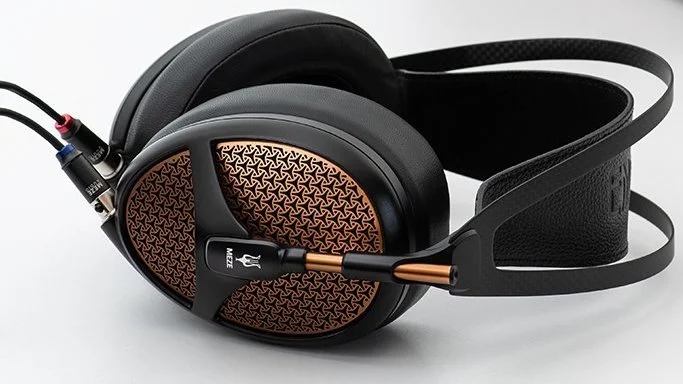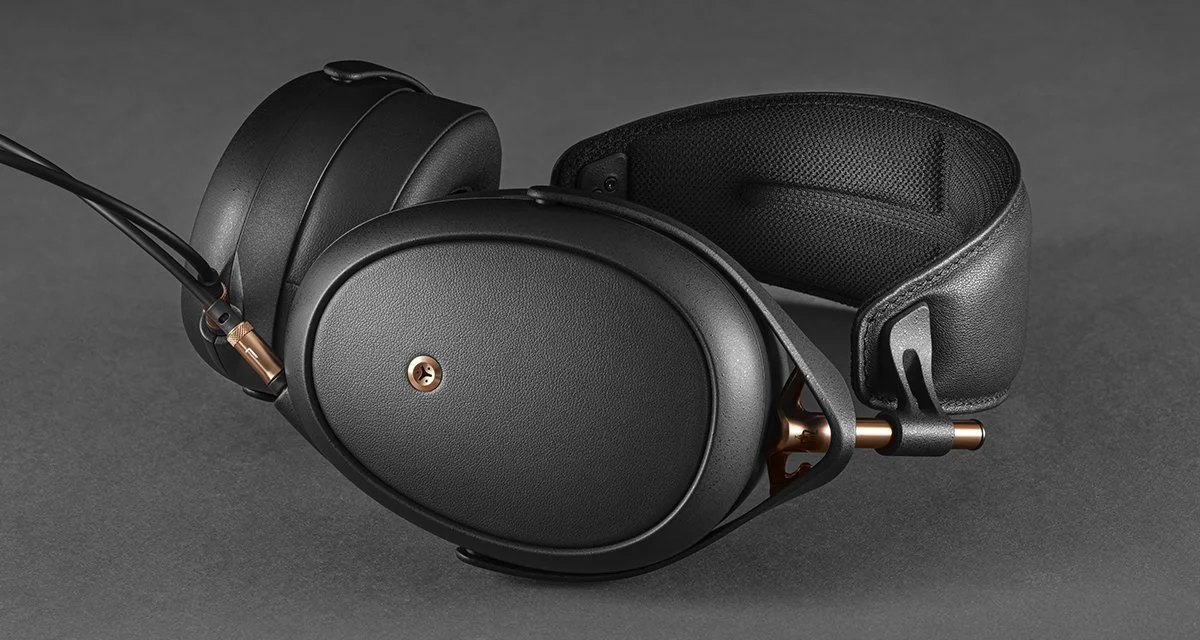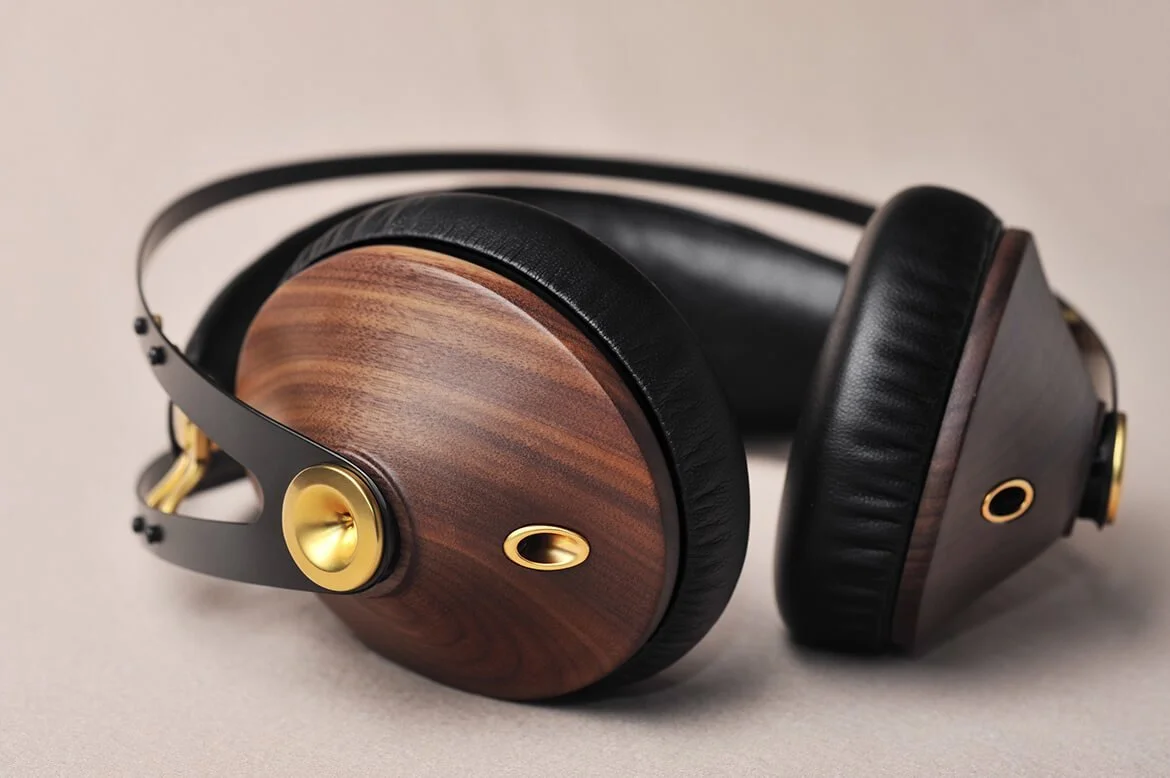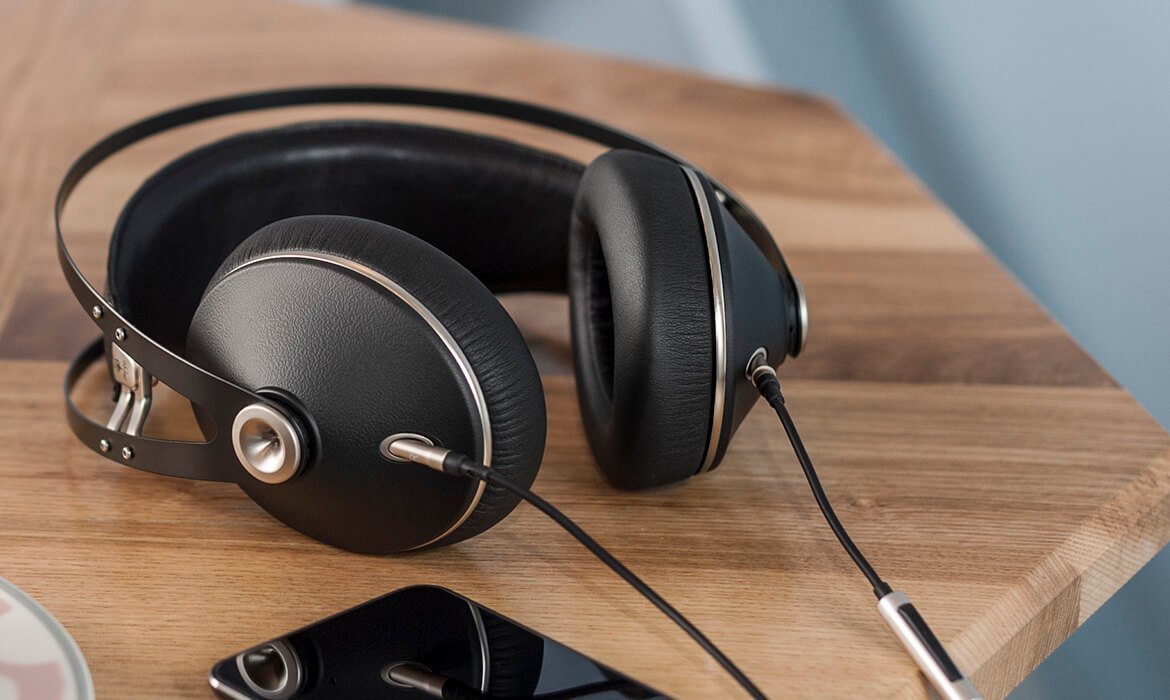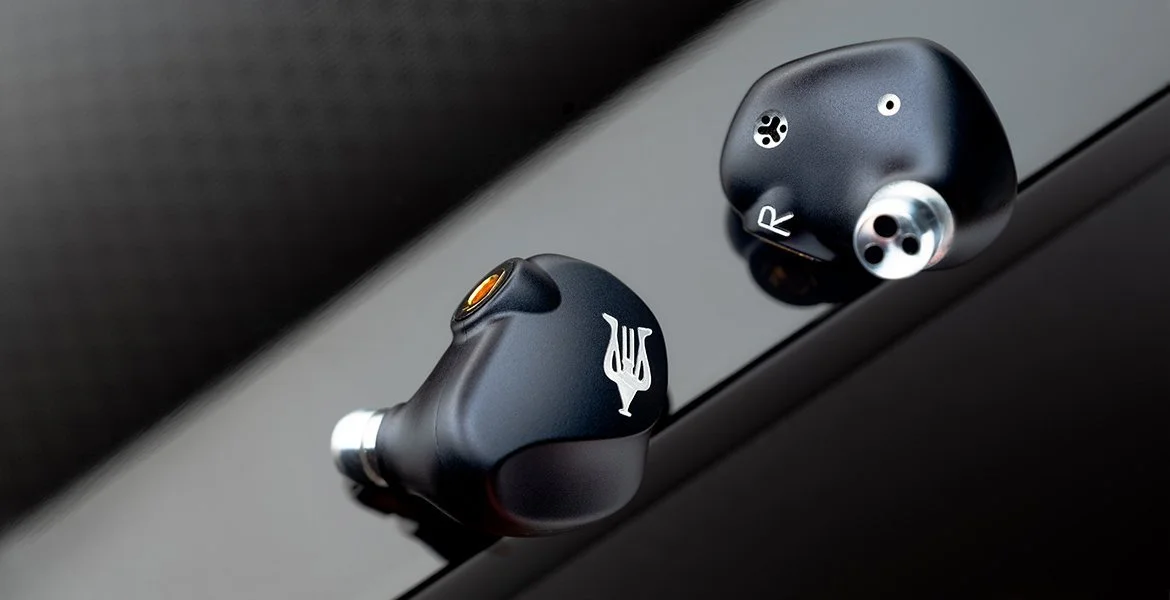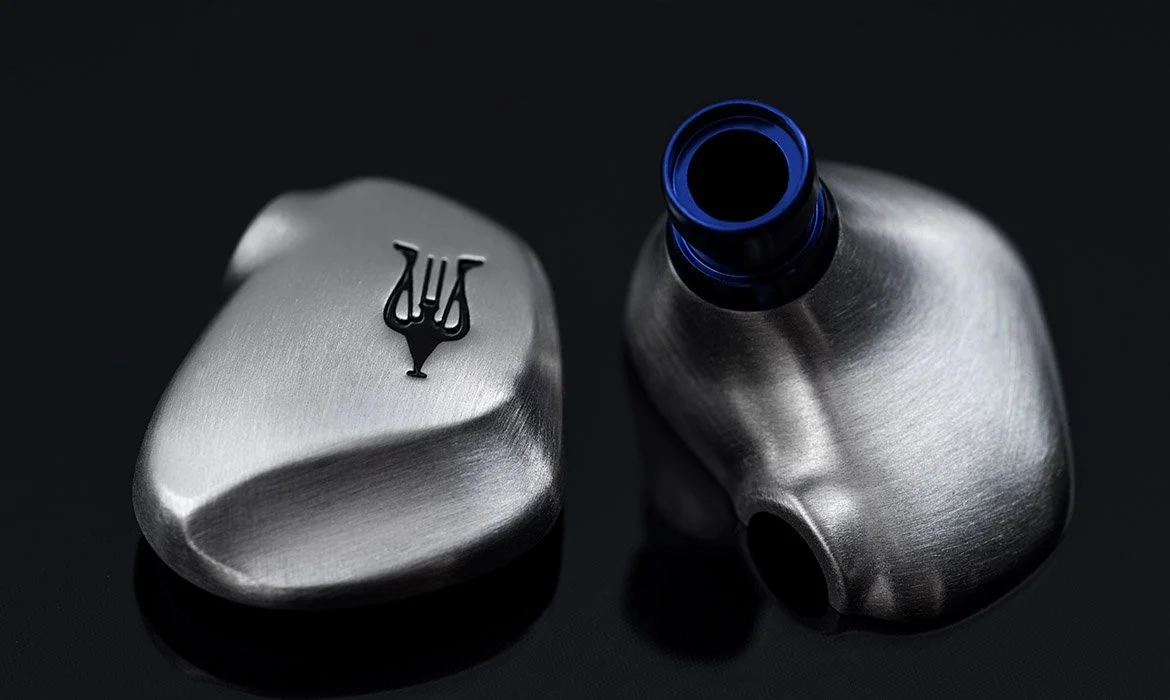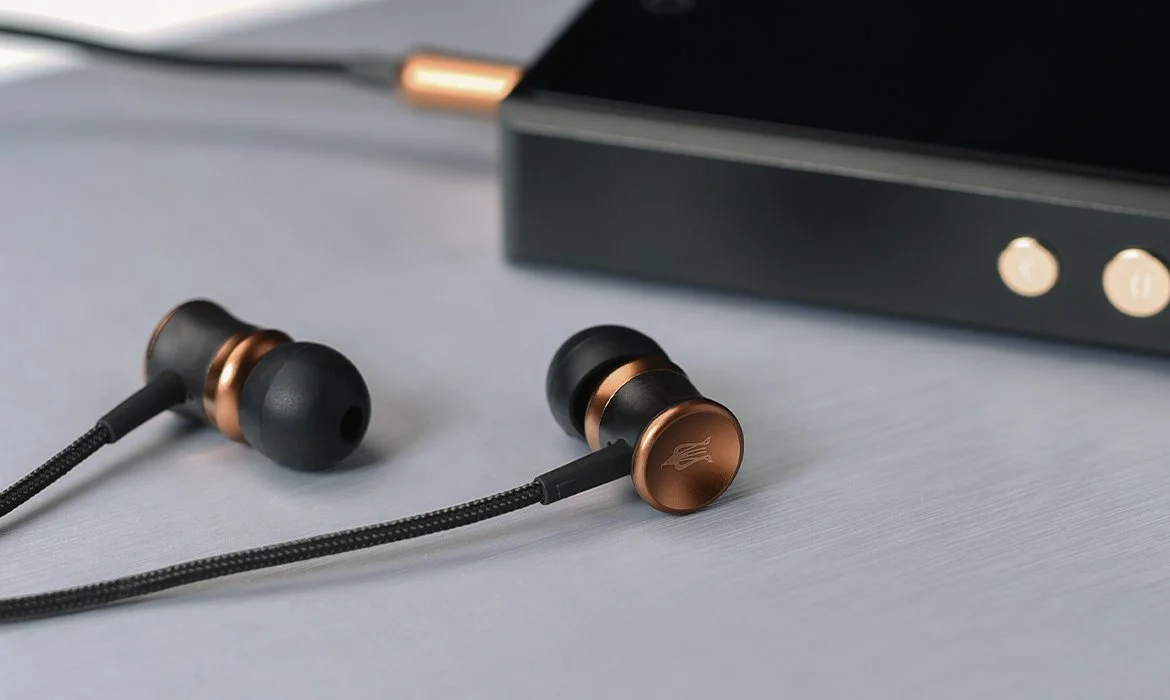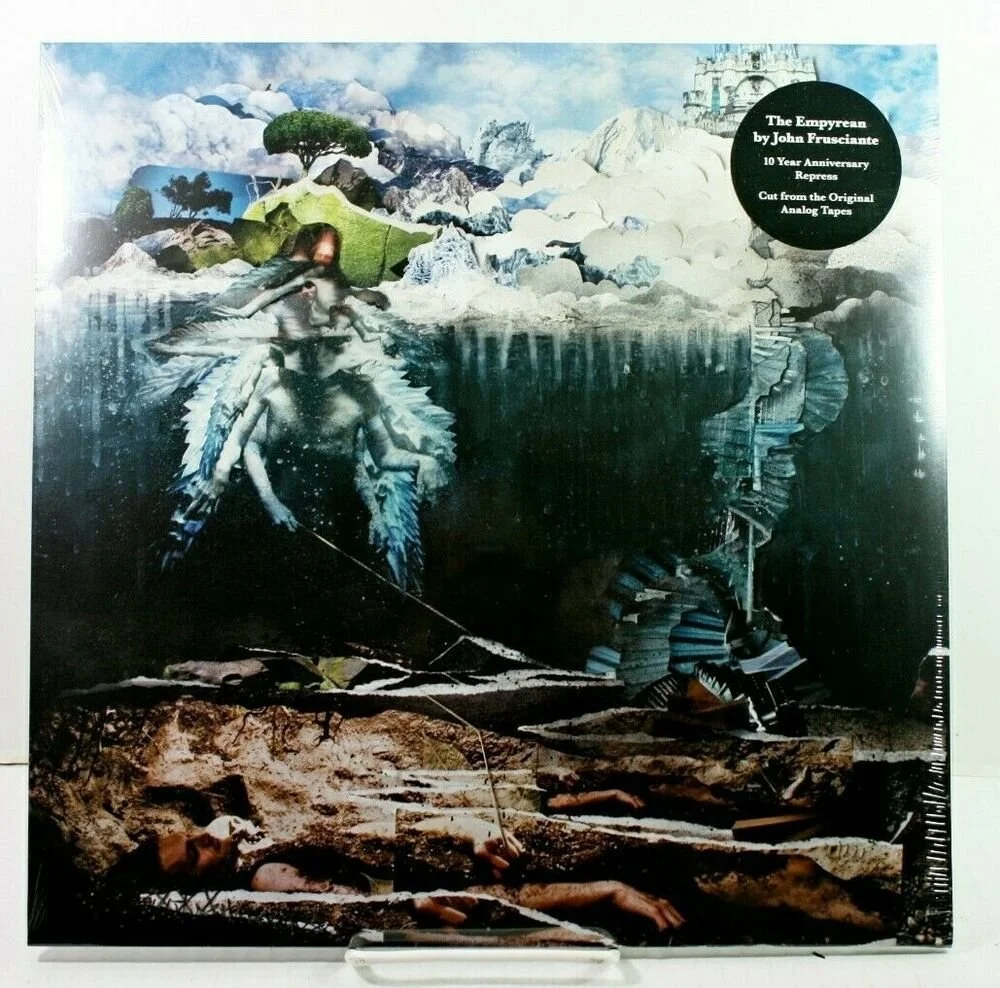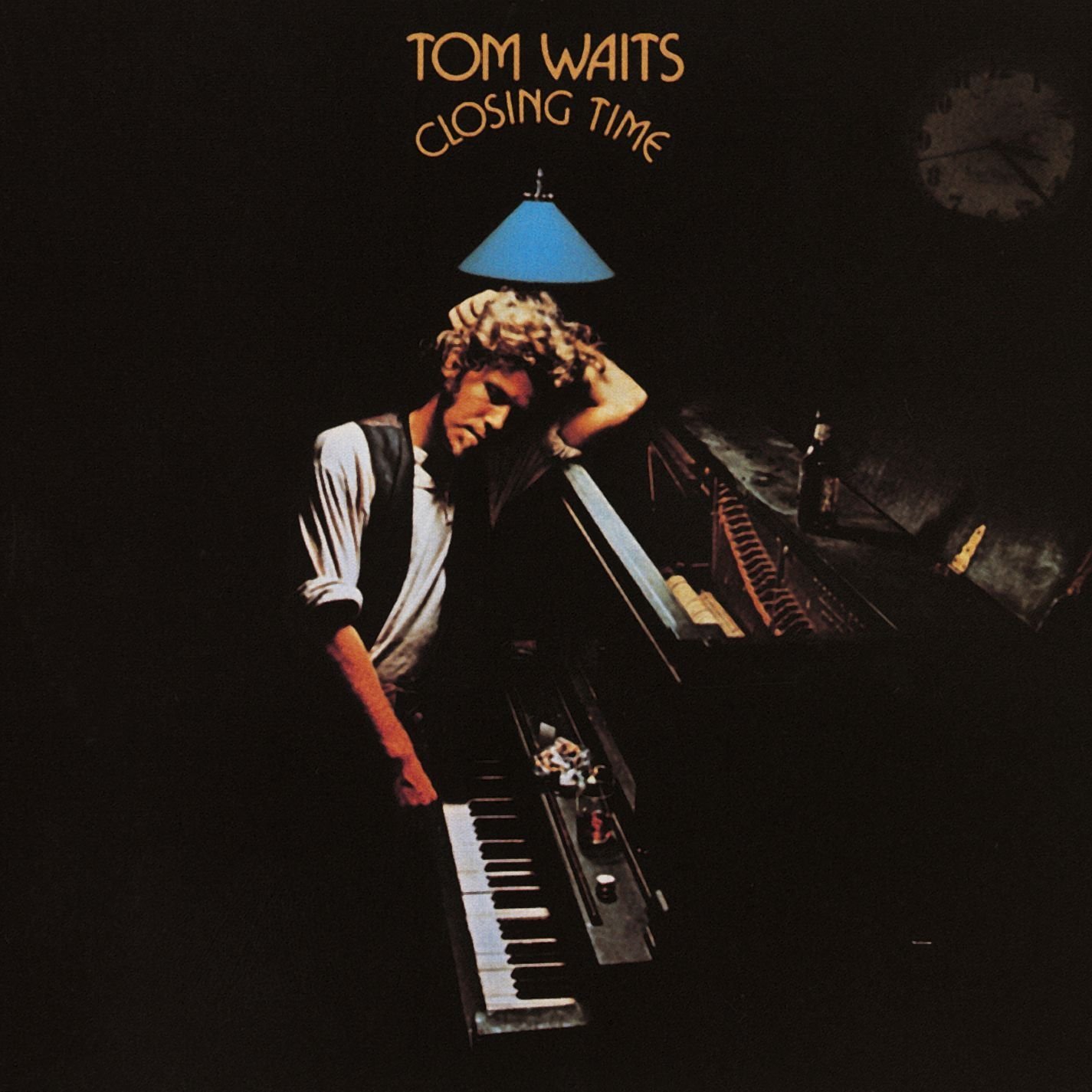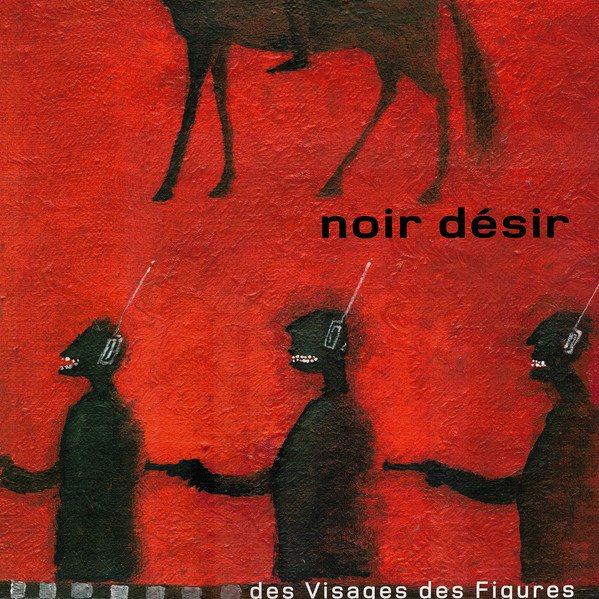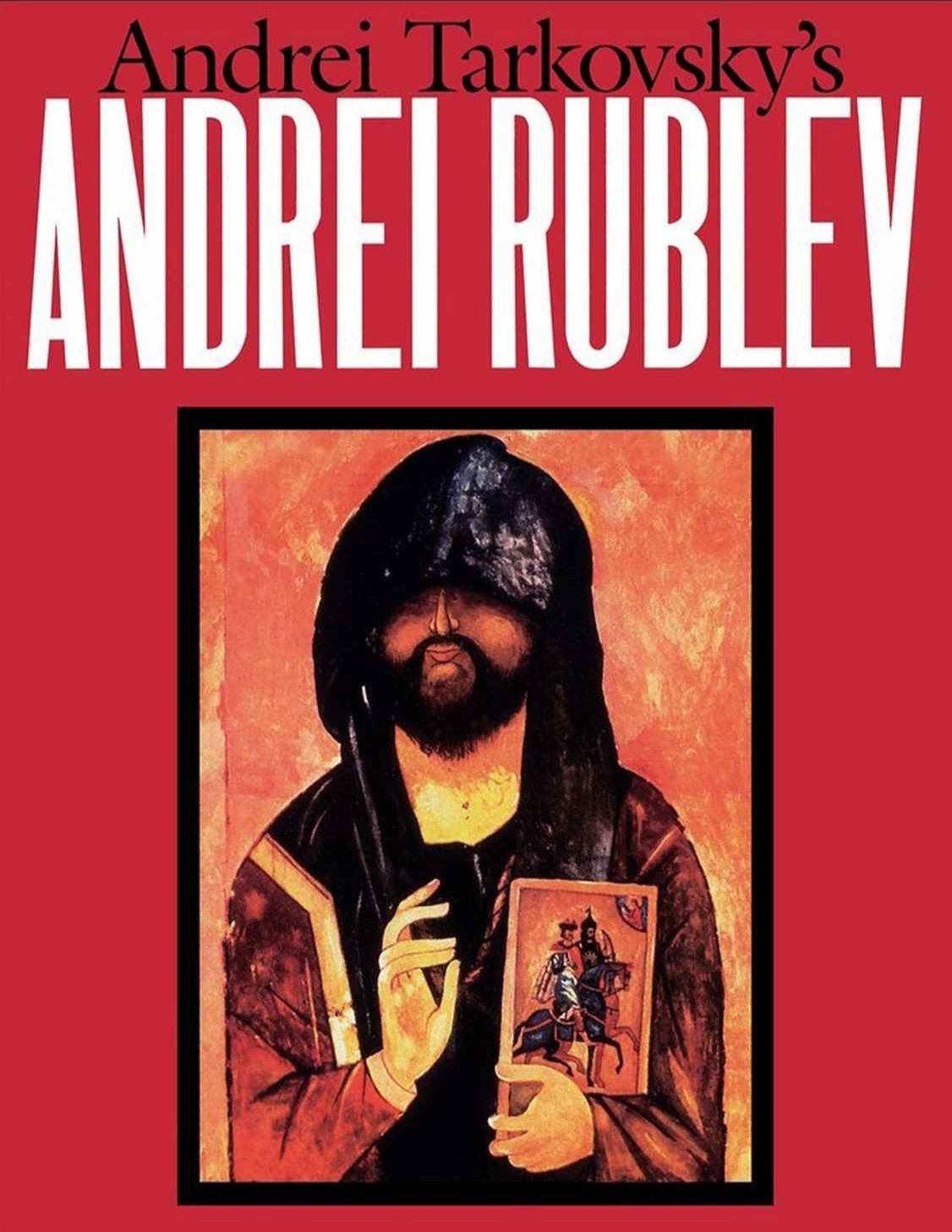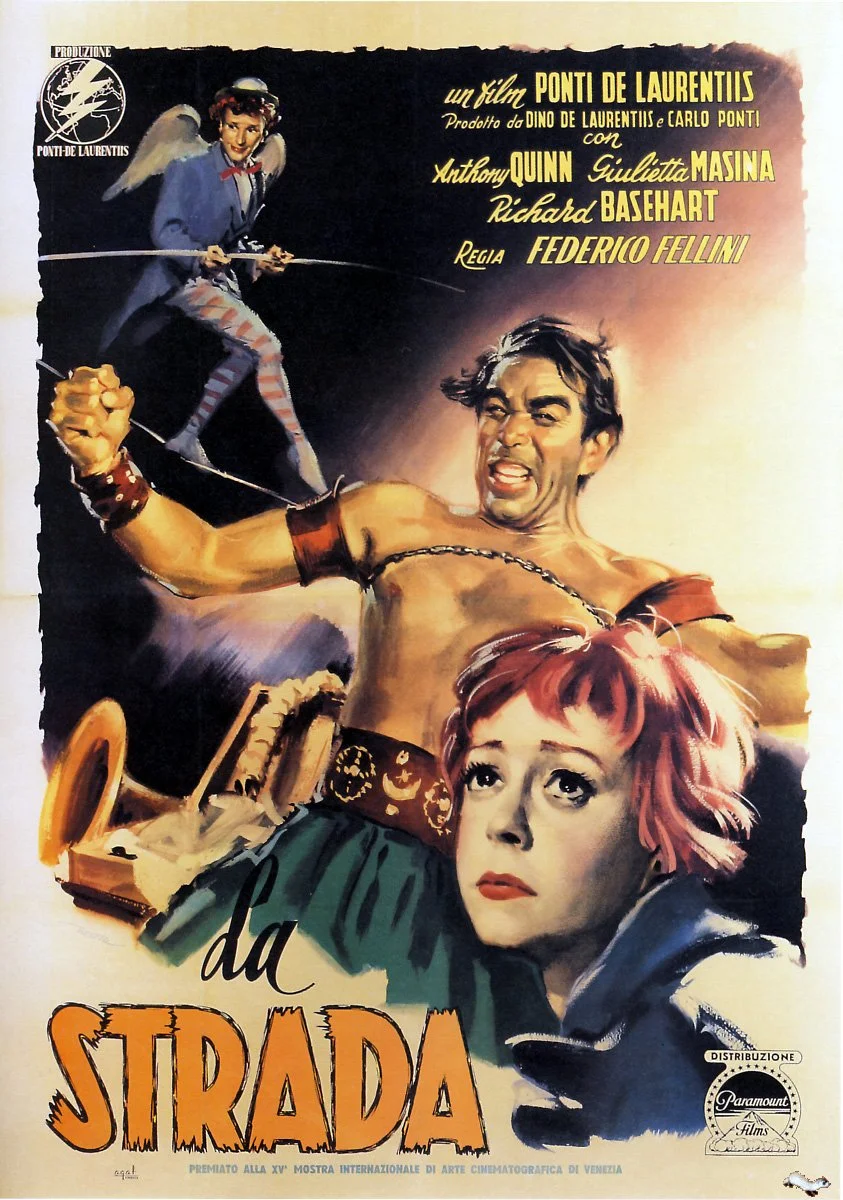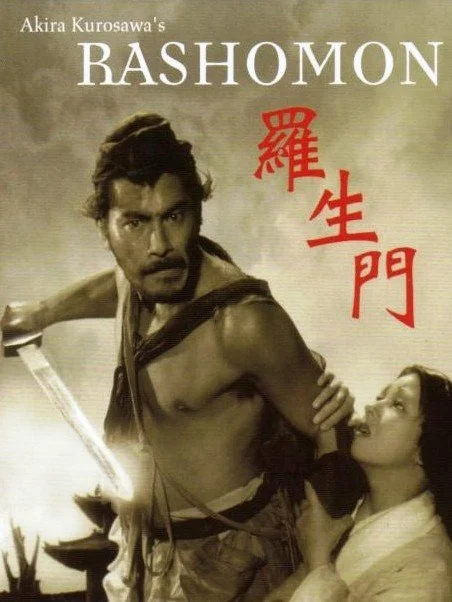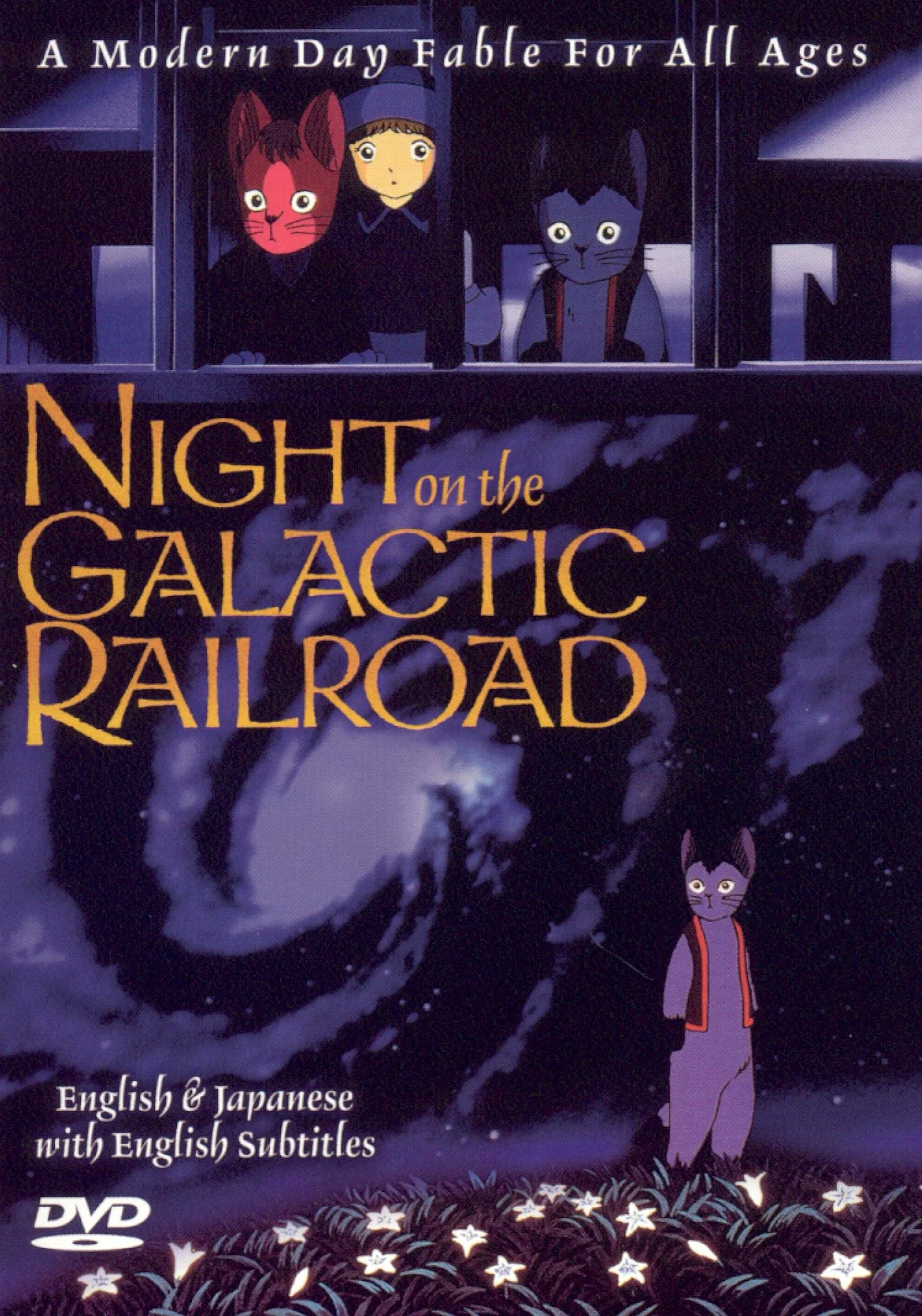INTERVIEW: ANTONIO MEZE FOUNDER AND CREATIVE DESIGNER OF MEZE AUDIO
Meze Audio was founded in 2011 by Antonio Meze and is based in Baia Mare, Romania.
From the first time that I saw the Meze Empyrean, I was mesmerized. It was art, sculpture, and industrial design all wrapped together in a strikingly beautiful design aesthetic. And I have made it quite clear to both Meze and my readers that I believe it absolutely belongs in a Modern Art Museum. Now, if the Empyreans were to sound as good as they looked, then they would, to all intents and purposes, be modern functional art.
Subsequently, I contacted Meze Audio and began a conversation with Alexandra Rizou of Meze’s Marketing & Social Media team. Soon thereafter I would be shipped a pair of Empyreans and would henceforth pen my review.
Well, it turns out the Meze Empyreans were every bit as beautiful and engaging musically as they had been visually, as the Empyreans would go on to win our highest award, the DIAMOND AWARD, and also become the Best Product of theYear for 2020. Yes, form happily follows function in Antonio Meze’s Empyrean. But the truth of the matter is that no ‘Creative’ is truly ever finished creating. And, true to form, Antonio’s current flagship—the Meze Empyrean Elite— provides a sublime, futuristic vision on the selfsame frame as the Empyrean. Yet, its truly distinguishing features come in its voice (review coming).
In truth, across Meze’s entire line there is a synergy of exceptional industrial and graphic design and art in a form follows function dance which gives an incredible voice to each of Meze Audio’s various creations.
INTERVIEW
Antonio, I’d like to get a general idea of where and how you grew up, what influenced your life, how your parents may have influenced a love for music, possibly audio. Basically, those things that started you on the journey to where you are now.
So, this is less a technical interview than it is an understanding of the personal and the inspirational and the ‘Why’ of things.
The questions
How did music affect your early life? Was there a family member or another person who inspired your love for music (art, design)?
My mother is definitely one of the people who influenced me the most. She is such a creative person and very much inclined towards the arts, so the option of pursuing the same path was always on the table for me. We had this room in our grandparents’ house that was completely painted by her, walls and floor and all, plus a lot of paintings and drawings that I grew up admiring. She didn’t have any formal training, but she had a great deal of passion and a beautiful way of giving life to her work and, to me, that was absolutely inspiring.
Interesting. My mother was also my primary, indeed, only influence in music, and as jazz was her number one, it became my number one. At five, I was quite deep into the music of Dizzy, Coltrane, Parker, Monk, and, of course, Miles. Did you grow up around a record player? So many young folks that I know did not and it seems strange to me having grown up when I did.
I did, we had this old Russian record player that was not working very well, it was so far from the alternatives we have today. The sound obviously wasn’t great, but watching the needle pick up the sound from the grooves in the vinyl was hypnotizing for me. That vision is actually what made me perceive music as more than just sound, it cast a sense in my mind that it can be a very physical thing, too. Kind of like an object that can stimulate your sight or touch as much as your sense of hearing.
I love your visual sense of things and how you describe this Russian record player and the needle charting its course. Up. Down. It is, in a way, its own short film, complete with sound, movement, and your narration of it. What was your first system back then?
In my teenage years, my family had a used SONY CFS-230 cassette player, and later, a red Sharp QT-50. To put it briefly, I basically spent those years listening to bootleg cassettes on barely functioning devices. Not exactly the hi-fi upbringing you’d imagine, but the music was fascinating nonetheless. Being able to feel all of the emotions the artist put in a song regardless of device or sound quality shows how amazing music is and how adaptable us humans can be.
I could not agree more. For me it has always been about the emotional connection to the music. What musicians did you admire, enjoy, love as a young man? Why?
As a teenager, I was listening a lot to Metallica, Prodigy, Pantera, which later became Dead can Dance, Debussy and other impressionists, Portishead, RHCP, and then all kinds of Jazz, Funk, Fusion mixed with raw stuff like Electro Punk and Noise.
I was ever so curious about music, so I went through a lot of different genres, some completely opposite from one another, and I never saw any problem with that. There is a different purpose in every style of music and I don’t think they should be judged by the same rules.
Some all-time favorites are Tom Waits, John Frusciante, Leonard Cohen, Nick Cave, The Do, Billie Holiday, Bjork, Cesaria Evora, BVSC, Coco Rosie, Devendra Benhart, Gang Gang Dance, Johny Cash, The Knife, Noir Desir, Regina Spekktor.
I listen to a ton of different things when creating, and I’m constantly searching for new music. All of the Meze Audio headphones I’ve developed in the past 10 years since launching the brand are, in one way or another, inspired by all of the artists I admire. For example, our future product line-up has been designed to the sounds of Khruangbin, Grimes, Sevdaliza, The war on drugs and countless others. It’s a neverending exploration.
Wow, an incredibly wide array of genres. Is there a ‘most memorable epiphany’ that has come from listening to music or, perhaps, from turning other people on to music?
Music is an epiphany in itself. Listening to music on headphones is different than with any other device, it creates a feeling of closeness between the artist and listener. When making the headphones yourself, this feeling gets even stronger. I think artists definitely intend their vocals and instruments to sound a certain way; some songs truly feel like they were made to be experienced one on one, so, to me, headphones deliver the perfect, intimate setting that does justice to the artist’s intentions.
Great point. And over the past year as I have embraced personal hifi—headphones—I could not agree more. It becomes very personal with headphones, very intimate, as if you’re being sung to or played to up close, or as if you, in a way, are sitting before a full orchestra. And there are no other distractions. Where did you begin the “apprenticeship” of learning or gaining your knowledge for what it is you do now?
Like most things that end up defining your future, I guess it all began in my childhood. First, it was my mom, watching her creative process made me become very passionate about designing stuff, so I started studying forms and shapes together with my childhood friend. I owe him a lot. He came from a family of professional artists, so their way of seeing things was easily passed down to us. I then studied arts in middle school, went to an arts high-school and, ultimately, graduated from an arts university. So, about 12 years of art education. I just happen to be specialized in design for manufacturing, but I guess I’m more of an artist than a designer, in terms of approach and way of thinking.
Good for you. I got sidetracked into Electrical Engineering and Computer Science. I was a creative trying to do the ‘practical, grown-up thing,’ but I was not very happy. How did Meze Audio begin? And was Meze ever garage based?
It was definitely garage based, for the first 3 years. Before the 99 Classics, we were mostly exploring out of fun and curiosity. As a designer, it felt very natural to always come up with brand and product ideas, so once I set my mind on headphones, I started getting parts and pieces from different suppliers and just tweaked and played with them without having any actual knowledge about headphone design. Therefore, the start was very slow. In 2015, though, it all came together. We had 4 years of continuous learning and experimenting before launching the 99 Classics, and we’ve learned so much more ever since.
For the past 6 years, Meze Audio has been led by me and Mircea Fanatan, our Managing Director, and also the one in charge of everything sound related. We discuss everything and make all decisions together, and I can honestly say that our brand wouldn’t be what it is today without his input. Like I said, I’m trained as an artist, not a businessman, so my lack of focus and extreme obsession with certain details would have probably messed it up.
We met with Rinaro at a tradeshow, and their technology, which was not yet demonstrated, seemed to be the thing we needed to make a hyper headphone. It had potential, so my experimental nature made me jump right at it, knowing very well that the risk was so high and would have burned us to the ground if it didn’t work out well. Me and Mircea always knew this, but, somehow, we convinced each other that it was worth it and, lucky for us, it worked out splendidly. Rinaro have an admirable know-how and even a level of artistry when it comes to designing planar magnetic technology.
So you took an incredible risk, that as you say “would have burned the company to the ground” if things hadn’t work out. I know well that risk. Biggest mistake you’ve made or that was made in regard to MEZE? What did you learn from it?
For me personally, the biggest mistake was giving the brand my name. It started kind of like a game of make believe somehow meant to boost my ego, but then it suddenly turned into a proper brand, once we launched the 99 Classics. The 99 was an experiment for us, and we never imagined it would gain the appreciation it did in such a short time.
Almost suddenly, Meze Audio became a player in the industry, a company that people trusted and had high expectations of. So now I have to play the image of the brand, and while that still strikes my ego on occasion, I wish I’d named it something else, so I could do my work in anonymity.
Yes, the freedom of anonymity. What do you believe sets Meze Audio apart from the other high-end audio manufacturers and planar manufacturers in particular?
I believe it’s our particular approach to headphone design and product design in general. We have a very different perspective than other manufacturers, we were always more product oriented and business came second. Looking back, I now realize that we did many things backwards, sometimes from lack of business experience, other times just because we had a different vision. We probably have a more holistic perspective than other brands and designers, and that sets us apart.
But ultimately doing things ‘backwards’ is what has, apparently, distinguished Meze, allowed it to garner tremendous acclaim across its various products, and to establish a loyal, worldwide following, and industry respect. Not bad for doing things backwards. That said, what is Meze Audio’s driving philosophy, its goals for the future? Is there an electrostatic headphone in the mix? Dan Clark, now Audeze, have taken that path, will Meze? Is the Elite a step in that direction?
Our driving philosophy is that every product we make should bring real value to people, it should inspire and surprise you on a higher level. Headphones can be more than just sound; when made properly, they can deliver entire sensorial experiences. We’re not working on an electrostatic headphone just yet, mainly because we have so many projects on the table already. But the future is yet to be written, so who knows? Maybe we’ll make an electrostatic, or maybe our attention will be captured by something entirely different than a headphone.
Well that’s exciting. However, given my time spent reviewing the Meze Empyrean Elite these past several weeks, and I won’t let the cat out of the bag just yet, but it clearly seems to me more than just a planar magnetic headphone. Looking back over your time before Meze audio, was there a single catalyzing event that put you on the road to high-end audio and starting your own company?
I am very particular, sometimes even demanding and picky with a lot of things, and I’m always looking for unique and surprising things. While these might not be the best traits for social interaction and life among people in general, they are good traits for creatives. So, there wasn’t a specific event that led me on this path, it was a combined result of me being passionate about form and ergonomics, art history and music, all at the same time. Headphones turned out to be the connection that allowed me to explore all of these interests.
So your ‘collective self,’ a musically-inspired childhood, and training as a design creative were the perfect storm of both traits and training that would always have precipitated a Meze Audio. Destiny then. Which begs the next question and brings a close to this part of the interview. What is Meze’s ethos, its philosophy?
To us, it is important that the products we create stand the test of time and surpass all short-living trends. We want them to fulfill not only functional needs, but also have meaning for the customer, so that they end up using them with the same enthusiasm, over and over again. We have a ‘no compromise’ approach to audio product development, and business decisions and deadlines will always come second to building a product that rises to our highest standards.
What is your current reference system or your best high-end system of all time? Why?
It’s hard to have favorites, especially when there’s plenty of amazing options to choose from, unlike 10 or 15 years ago. I like to try new things and I’m constantly looking to upgrade my listening experience, so there’s no such thing as best for me. At least not for now.
Very diplomatic. Now, back to the beginning. What are your five favorite albums and movies of all time and why?
My favorites constantly change, so the answer to this question might always be different. It might even change by tomorrow. One of my all-time favorites is Empyrean, by John Frusciante. His music always inspires my creative process and I even named our Empyrean headphone after his album. It does an excellent job at showcasing John’s versatility as an artist. The tones are so immersive, light, yet powerful. For me, it’s an album full of emotion that you can really get lost in.
Saint Dymphna by Gang Gang Dance is another favorite of mine. Beats from different genres are layered beautifully throughout the album. It’s a combination of seemingly incompatible elements that collide with each other, creating a unique sound that takes you on an inspiring journey.
Tom Waits’ Closing Time is also impressive. As a debut album, it does an amazing job at revealing to the world the power and authenticity that Tom has as an artist. I feel like each tune perfectly carries you through a variety of emotions, making this album one of Tom Waits’ finest works, for me.
Khruangbin create this unique blend of soul, rock and psychedelic vibes, they have sort of a timelessness that makes them very special. Their album, The Universe Smiles upon You, is a distinctive listen, having a sort of laid-back style that is truly relaxing and inspiring. It works wonders for clearing my mind when I’m feeling stressed.
Finally, Des Visages des Figures from Noir Desir has a raw energy and a special flavor of rock that I absolutely love. I find it combines a variety of styles with great vocals and fascinating rhythm, it’s always a pleasure to listen.
As far as art goes, I can name some of my favorite movies. A simple, but powerful reflection on the human soul, Rashomon by Akira Kurosawa, is an admirable work of art, both for its impressive storyline and the striking visual style. Another favorite of mine is Pieta, by Kim Ki-duk, an emotional powerhouse loaded with meaning. To me, it’s a tough but very rewarding movie to watch. Some other must watch, thought-provoking movies, in my opinion, are Andrei Rublev by Tarkovsky, Night on the Galactic Railroad from Gisaburō Sugii, and Fellini’s La Strada.
And finally, is there anything that I’ve not covered, that you would like to share or address concerning MEZE Audio?
I think what we want people to know about us is that we work really hard to make the world a better place by creating stuff that you want to keep in your life rather than throw away or replace. That’s how simple it is. So, even if sometimes it might seem like we do things backwards or different than other companies, our goal is to ensure that the final result is always worth it, no matter the costs, the risks or the deadlines.
Antonio Meze, thank you for an insightful and enlightening interview and your time, which is greatly appreciated!

